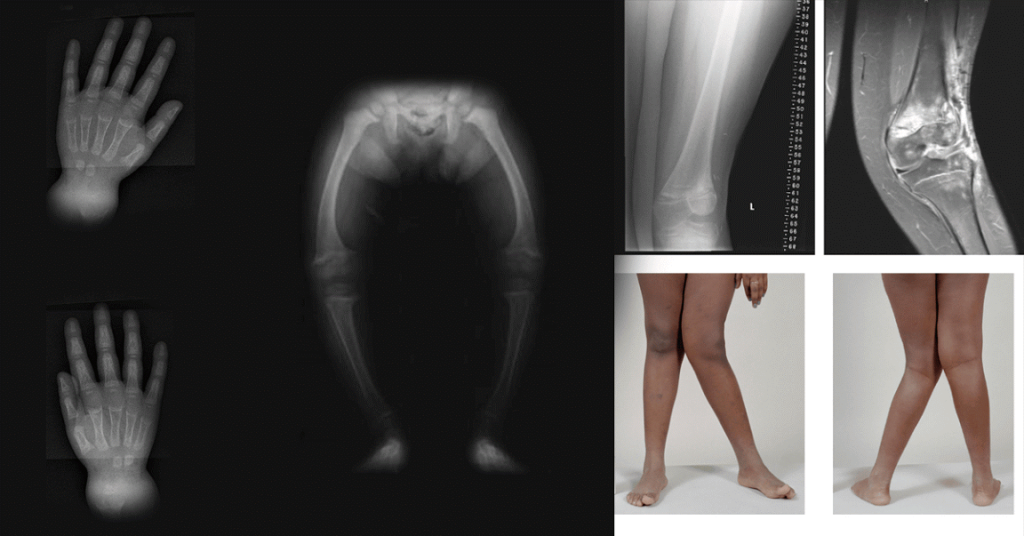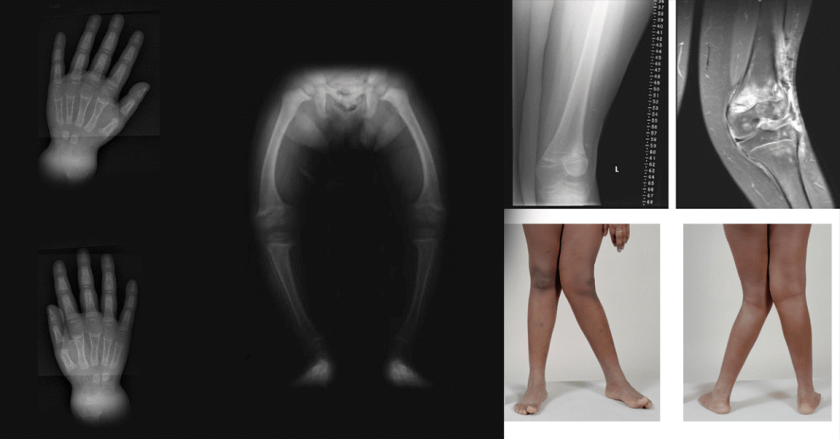1 in 10 infants have vitamin D deficiency

One in ten infants is likely to be suffering from vitamin D deficiency right from birth. The deficiency is more common among exclusively breast-fed infants whose mothers have low level of the vitamin throughout pregnancy and lactation.

The wide-spread implications of vitamin D deficiency on the growth and development of infants requires recognition of early signs of the deficiency. Some are discussed below:
- Head sweating is an early sign of vitamin D deficiency in infants
- Frequent occurrence of flu in winters is also attributed to vitamin D deficiency. This is because vitamin D helps produce the antimicrobial peptides that protect against the flu. In winters, sunshine is minimal and non existent at some latitudes making it difficult to synthesize vitamin D. Children being wrapped up in many layers of clothes during this time adds to the woes.
- Certain other signs such as growth failure, lethargy, irritability , hypocalcemic seizures and susceptibility to respiratory infections seen in infants are indicative of the deficiency
- In the much severe cases, Rickets is seen observed between 3 and 18 months of age as a sign of extreme vitamin D deficiency. Rickets is manifested as bone pain, poor growth and skeletal deformities such as bowed legs , curvature of the spine, thickening of ankles, wrists and knees (see image). Children with rickets also have higher chances of bone fractures.
How to treat it?
Although exposure to sun is the only natural way to synthesize your own Vitamin D, there is much speculation about excessive sun exposure to infants. American Academy of Pediatrics guidelines suggest decreasing sunlight exposure for infants younger than 6 months due to risks of skin cancer.
Supplementation of vitamin D for pregnant and lactating women is a must. Later, as the infant turns 4 months old, vitamin D supplements should be initiated under guidance of qualified pediatrician.
Recent Posts
-
-
ROLE OF VITAMIN D IN BABIES
Nov 18, 2022
-
ALL ABOUT JAPA MAIDS
Nov 17, 2022
-
COSLEEPING
Nov 15, 2022
-
Morning Sickness during pregnancy
Nov 08, 2022





